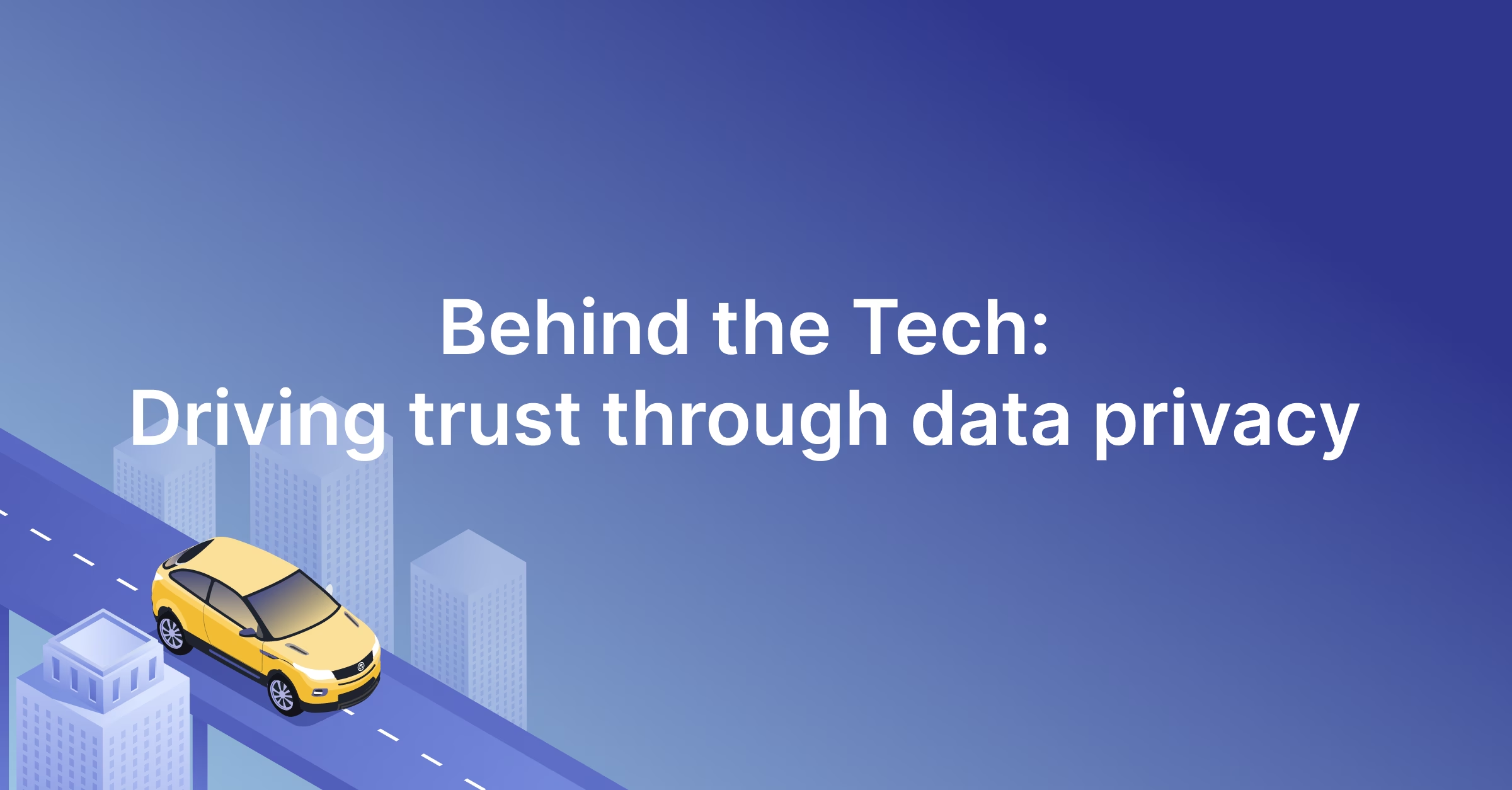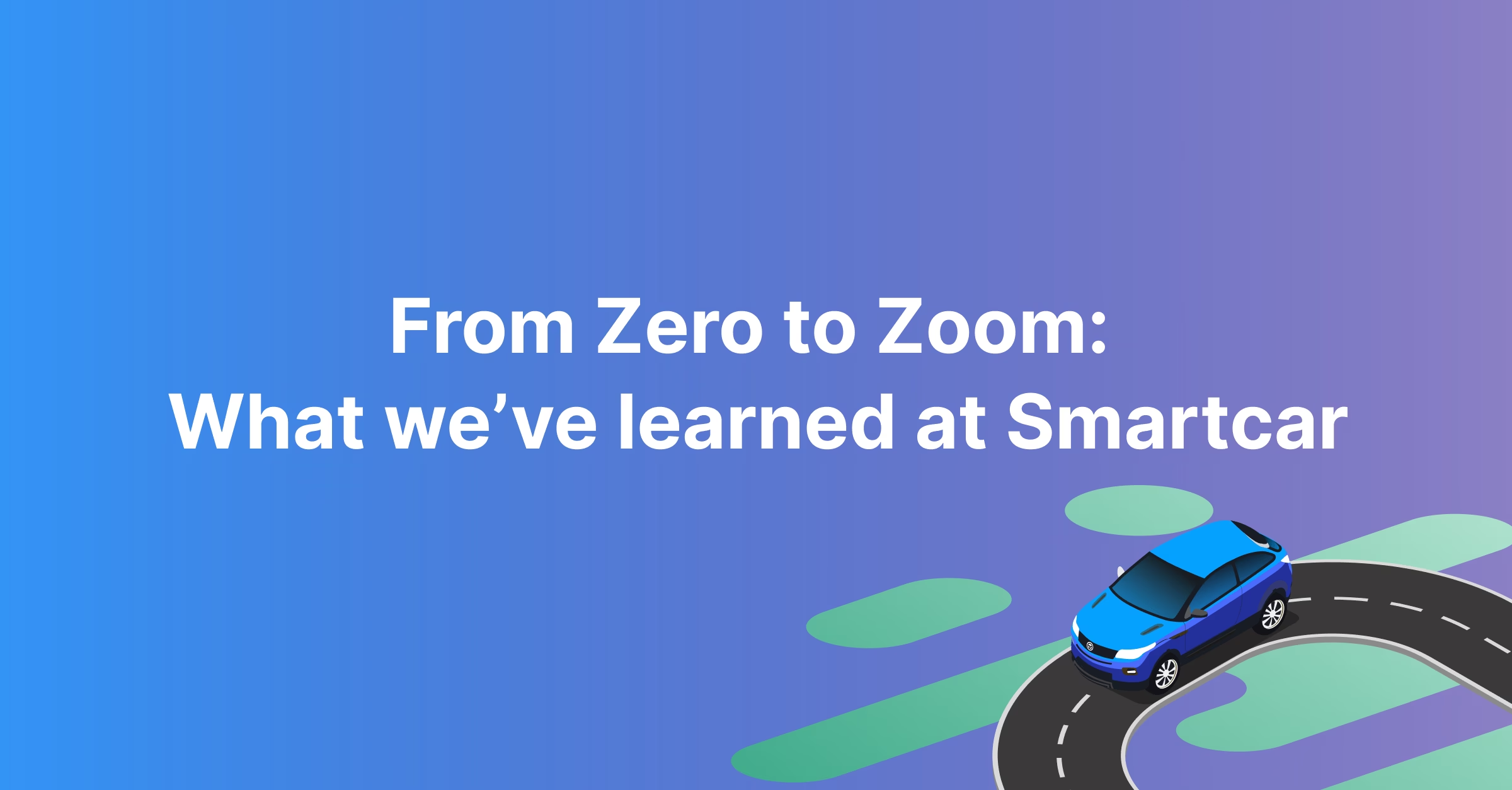Start & Stop Charge
API
Optimize EV charging proactively
Our Start and Stop Charge commands allow developers to control when a battery electric (BEV) or plug-in hybrid vehicle (PHEV) begins or finishes charging.

How businesses use start or stop charge
Smart charging
Help drivers personalize their EV charging schedules based on their preferences. Control when a vehicle starts or stops charging based on current energy rates and demand.
Demand response
Allow drivers to easily participate in demand response programs and earn revenue by automatically optimizing EV charging schedules to align with grid needs.
Manage battery health
Enhance EV performance and preserve your customers’ battery health by preventing excessive charging.
Pre-paid charging
Enable pre-paid charging sessions by stopping charge once energy thresholds are met.

Start & Stop Charge
Toggle charging on or off to manage charging sessions.
Product features
Compatible with 39 car brands
Friendly user consent flow
Works on 2015 and newer vehicles
Trusted & secure
Retrieve live data and trigger live actions
SDKs for Go, Java, Node.js, Python, and Ruby
Related industries
Energy & utility providers
Manage your customers’ residential EV charging to best balance electric grid load.
EV charging networks
Provide estimated charging times, automatic charging schedules, and EV trip planning in your app.


.jpg)

